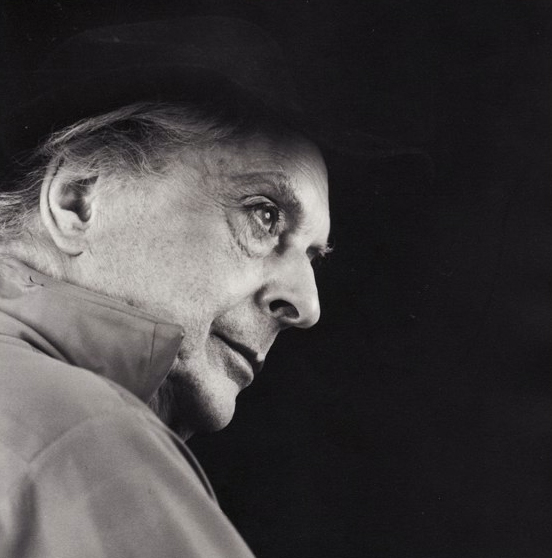Quentin Crisp (1908-1999) was an English writer, actor, and raconteur whose wit and defiant individuality made him a queer icon long before it was safe to be one. Born Denis Charles Pratt in Surrey, Crisp moved to London in his twenties, adopting the flamboyant style and open homosexuality that would define his public persona. In an era when such openness was met with hostility, Crisp endured harassment with humor and grace, transforming himself into a living statement of courage and self-acceptance.
He achieved international fame with his 1968 autobiography, The Naked Civil Servant, a groundbreaking and brutally honest account of his life as an effeminate gay man in pre-war and post-war England. The 1975 television adaptation starring John Hurt brought him worldwide recognition and established him as a celebrated commentator on style, individuality, and the human condition.
In the 1980s, Crisp moved to New York City, where he reinvented himself yet again as a cultural critic and one-man performer, delivering his legendary monologue, An Evening with Quentin Crisp. His aphorisms—sharp, paradoxical, and often mischievous—earned him comparisons to Oscar Wilde.
Until his death at age ninety, Crisp remained unapologetically himself, advocating authenticity over conformity. His life and work continue to inspire those who live courageously and refuse to be defined by society’s expectations.
Find his plaque on Market Street between Noe and Sanchez Streets.

